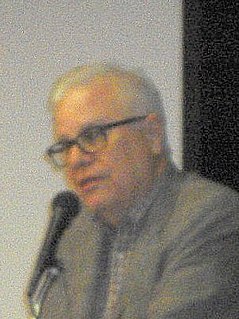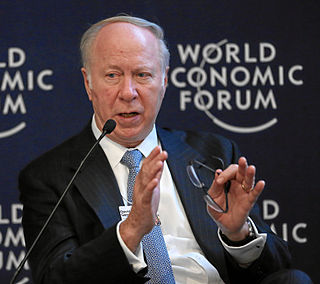A Quote by Zygmunt Bauman
The question of identity has separated from the issue of 'assimilation', having lost much of its drama and become, so to speak, a secular problem.
Related Quotes
When it comes to identity, that was an issue that plagued me for a lot of my life. It's something that I wanted to tap into. Film can really take you to other places, and sometimes that's necessary to understand your own identity or someone else's identity or just the issue of identity, in general. It takes you. It's borderless. It's boundless. It's universal.
Shopping as lifestyle is really a sub-cultural problem. When the strictures that set you apart or oppressed you, disappear, is there a way, legitimately, to maintain your sense of specialness and difference? And how do you express that? Does it just become a kind of kitsch? You can say this of gay people, but it's true for Jewish people, Italian Americans, everyone who deals with it. It's a question of assimilation. How can you be assimilated and special at the same time?
My past was always there. And I always understood that I was adopted. It wasn't like a massive issue to me. But identity was an issue. I knew that I was Indian, but I didn't really know much about myself, really. I mean, I really disassociated myself from what happened in the past to present. But, it was affecting in regards to identity.
America's founding fathers did not intend to take religion out of education. Many of the nation's greatest universities were founded by evangelists and religious leaders; but many of these have lost the founders concept and become secular institutions. Because of this attitude, secular education is stumbling and floundering.
I don't have any problem with a reporter or a news person who says the President is uninformed on this issue or that issue. I don't think any of us would challenge that. I do have a problem with the singular focus on this, as if that's the only standard by which we ought to judge a president. What we learned in the last administration was how little having an encyclopedic grasp of all the facts has to do with governing.
The fact that we're all hyphenating our names suggests that we are afraid of being assimilated. I was talking on the BBC recently, and this woman introduced me as being "in favor of assimilation." I said, "I'm not in favor of assimilation." I am no more in favor of assimilation than I am in favor of the Pacific Ocean. Assimilation is not something to oppose or favor - it just happens.




































